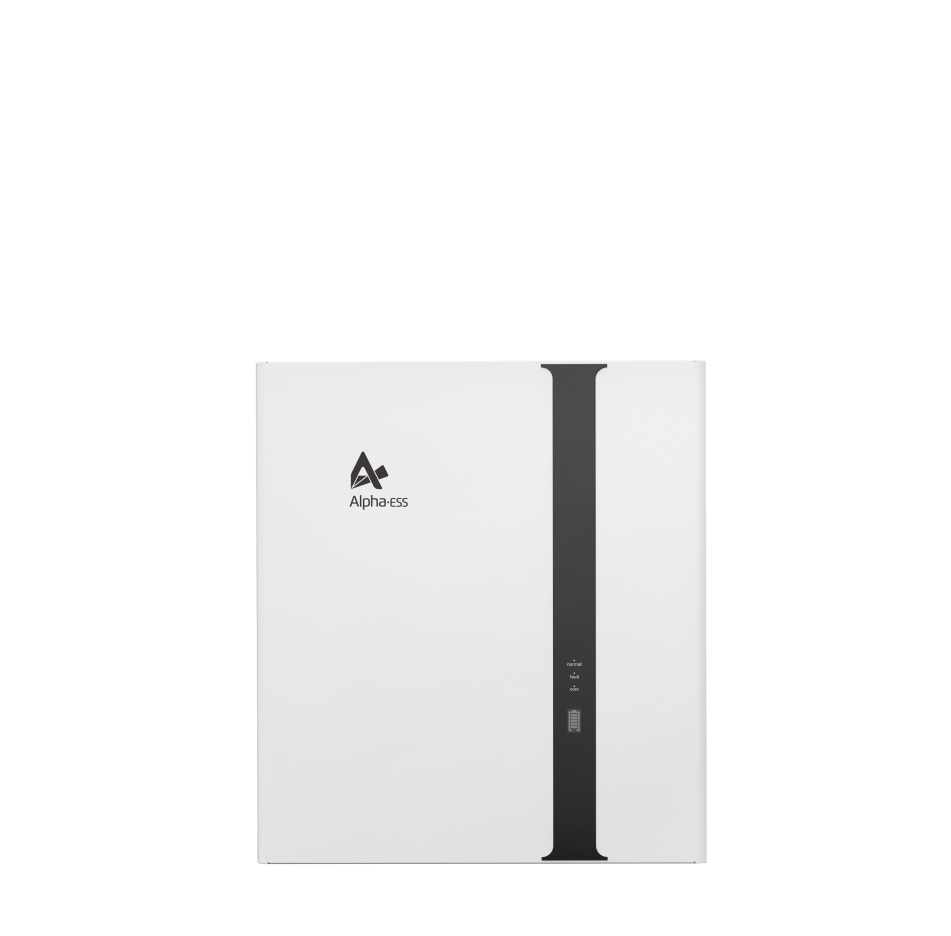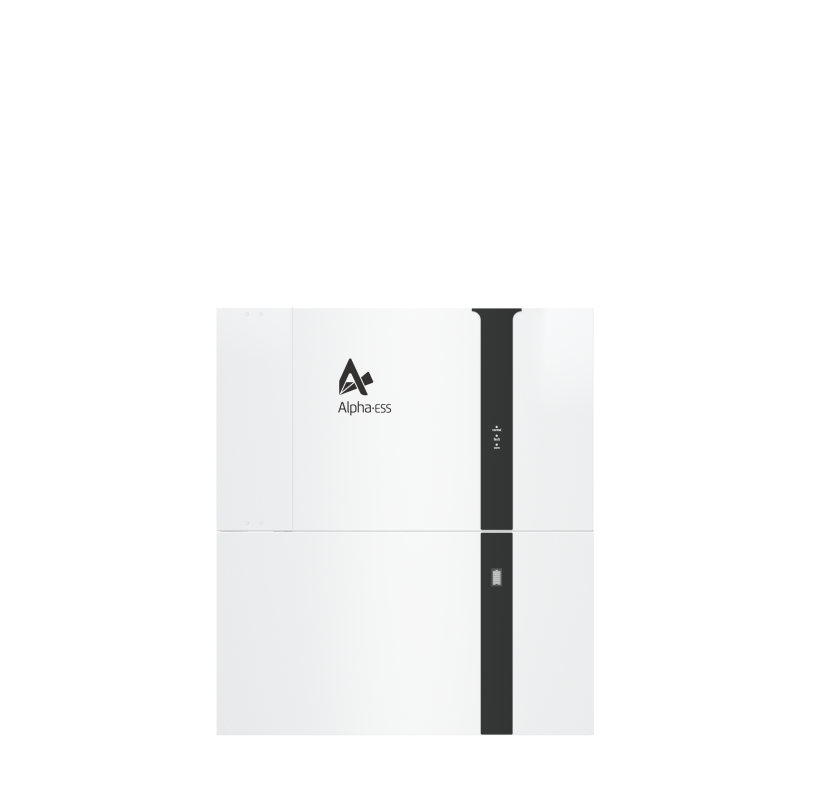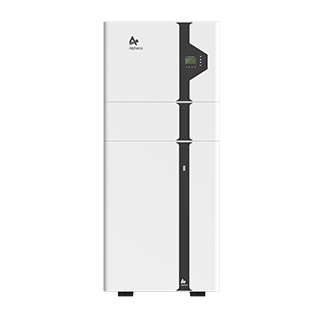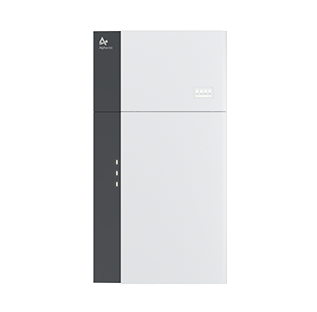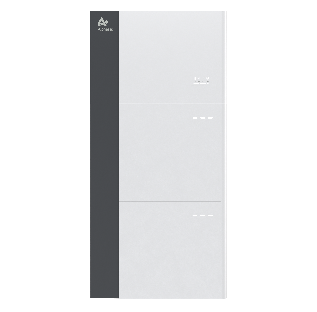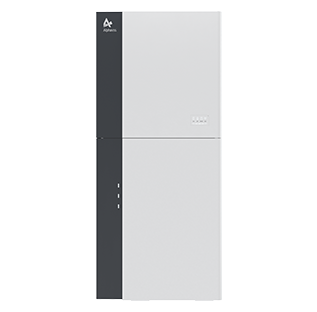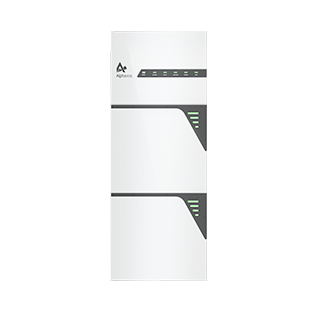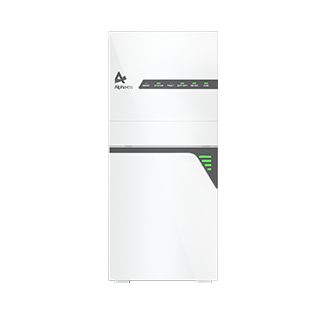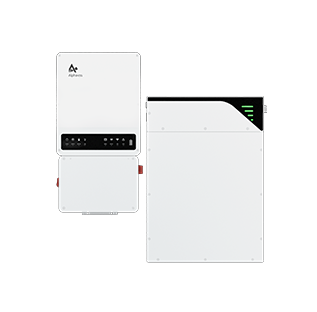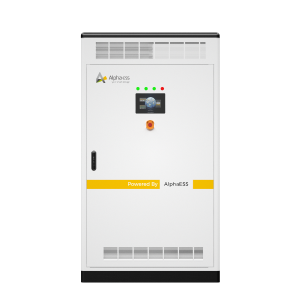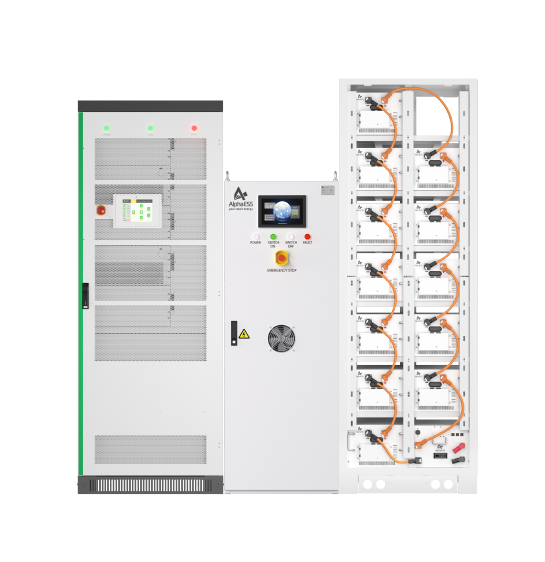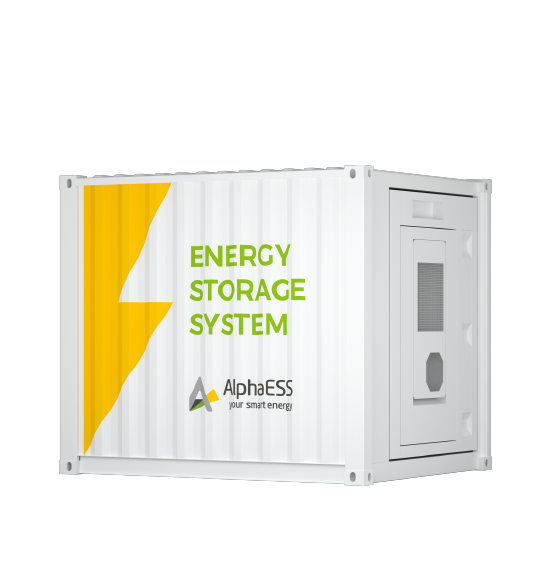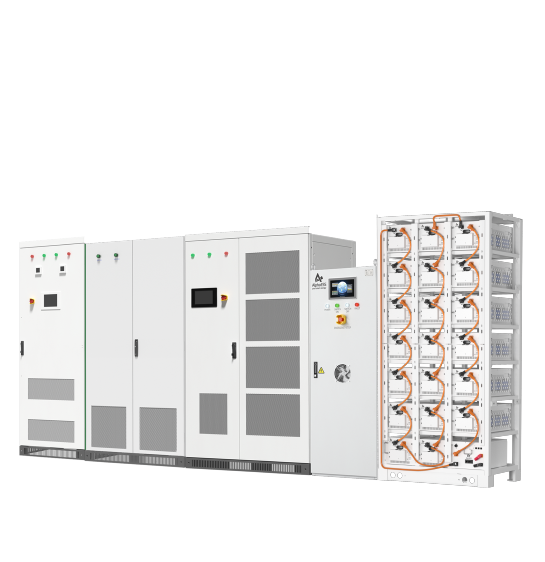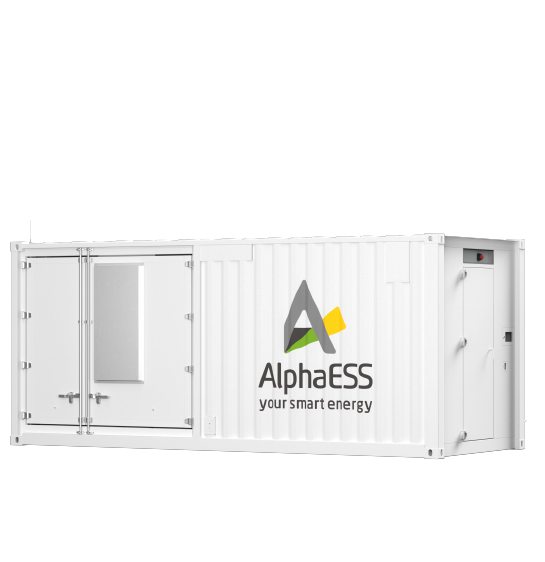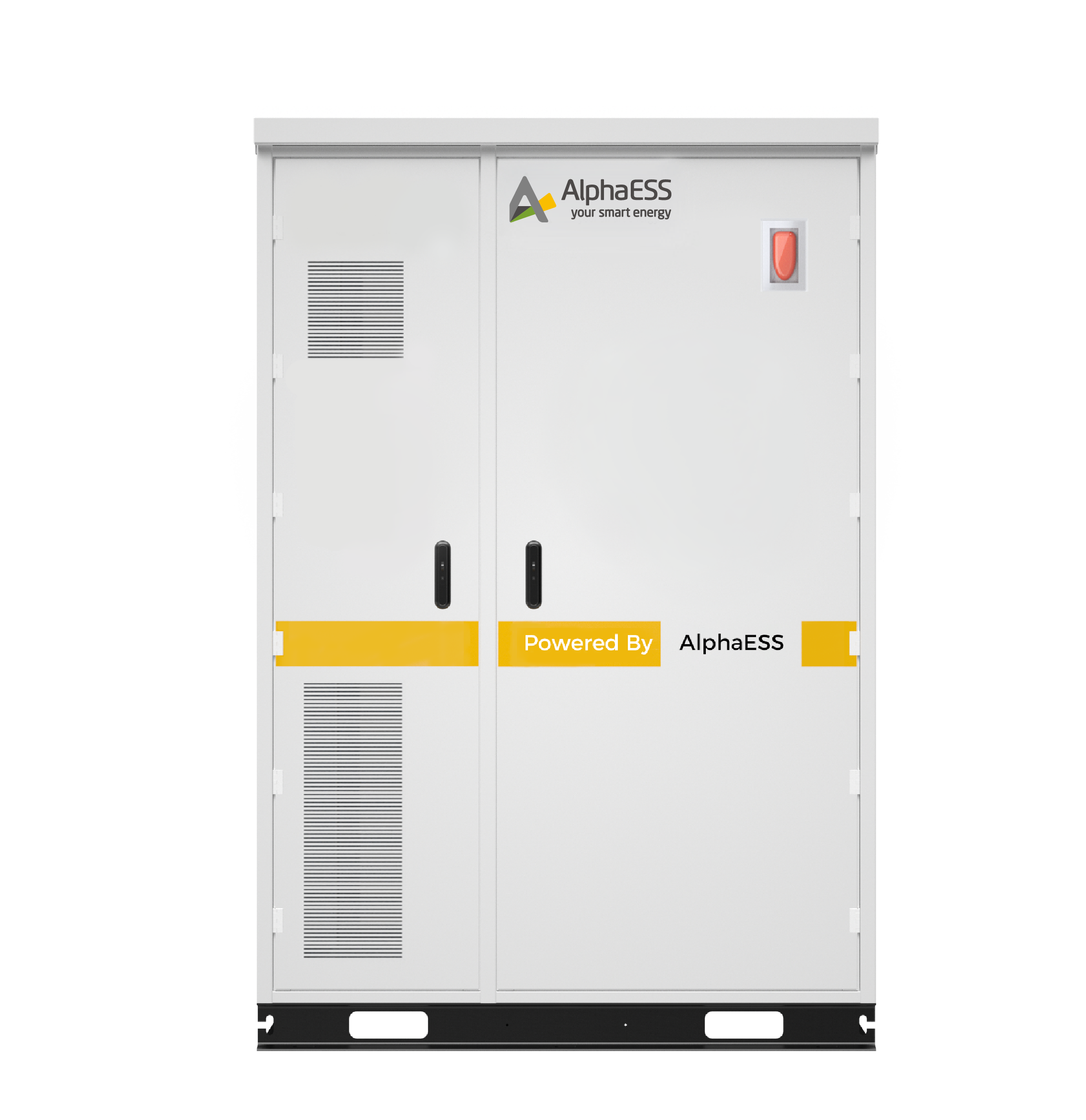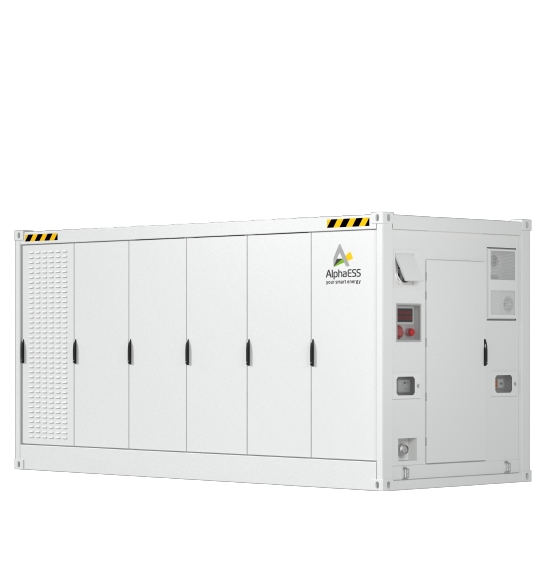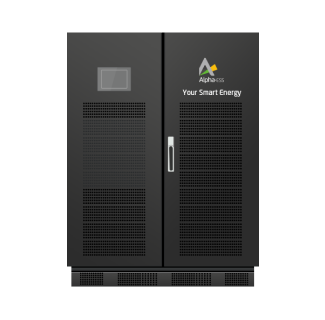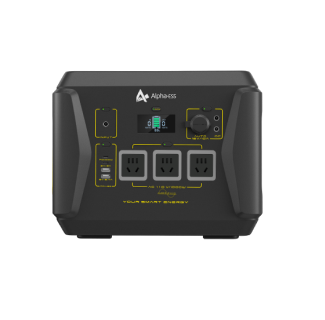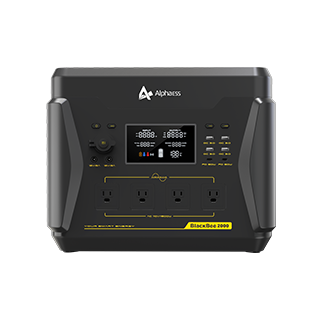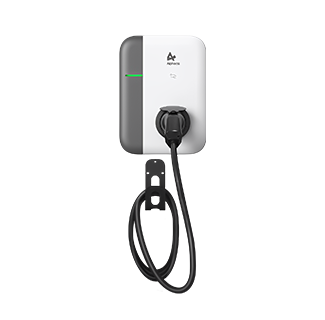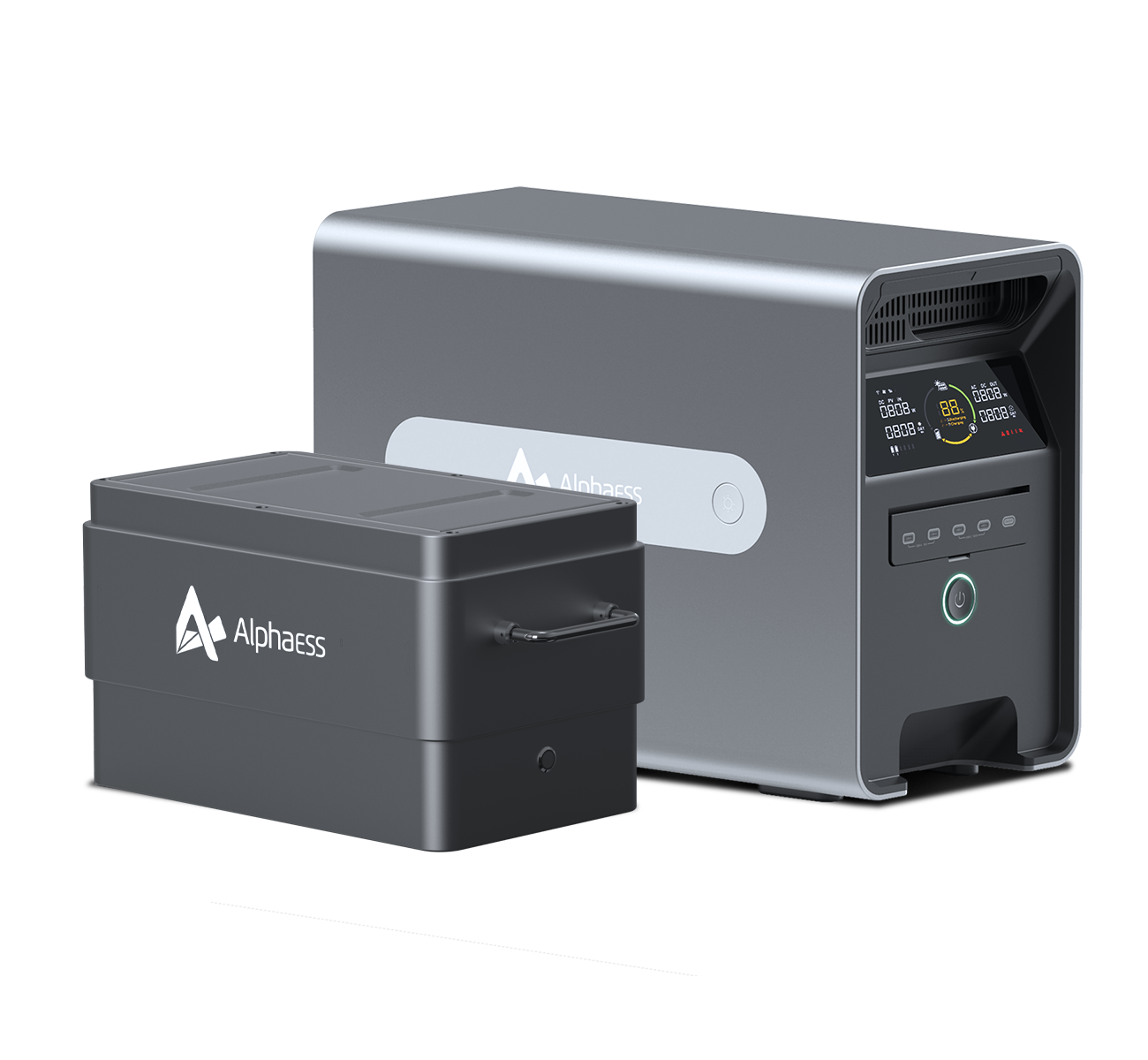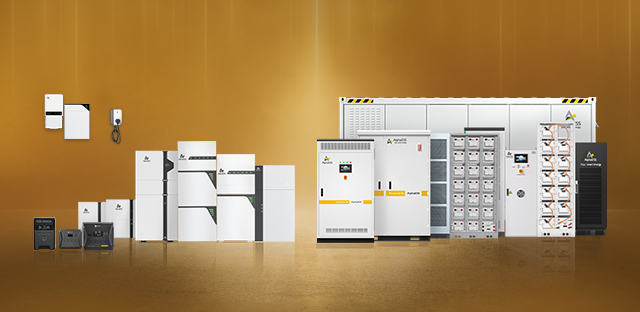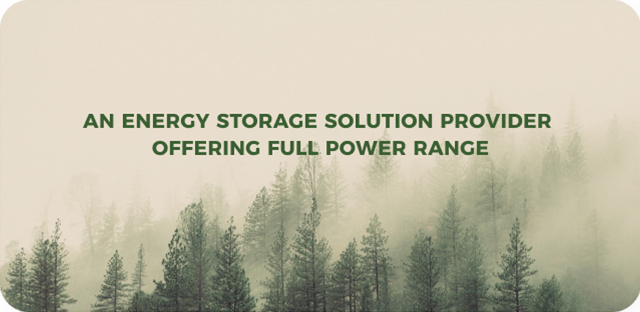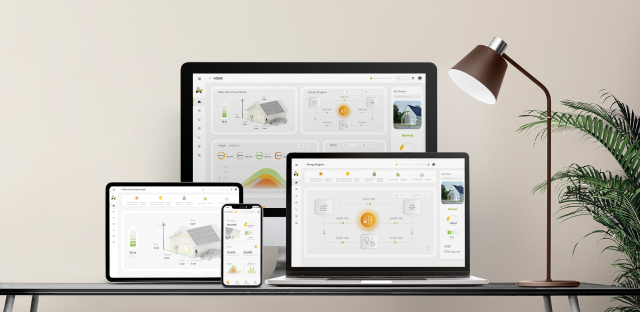How to save money when feed-in-tariff is down?
2021-07-23
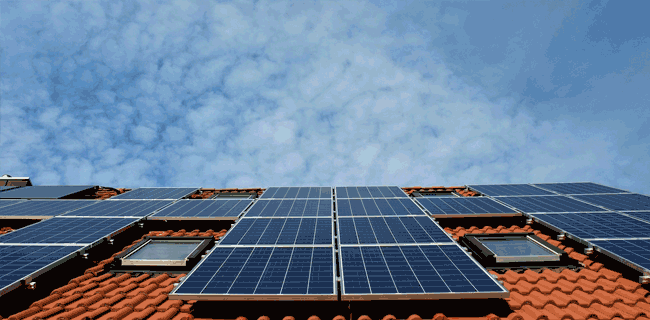
Recently, the solar feed-in tariffs in Australia and New Zealand have decreased significantly. According to the report from PV Magazine, Victoria's Essential Services Commission decided to decrease the minimum solar feed-in tariffs in Victoria from the current 10.2 cents/kWh to 6.7 cents/kWh, shrinking around 34% from July of 2021. Meanwhile, according to the legislative suggestions made by the Australian Energy Market Commission (AEMC), Australians with solar panels might even be charged for exporting power into the grid. Although AEMC claims that the plan is not designed to create mandatory export charges, but to create more flexibility and pricing options, it would still in fact significantly decrease the benefit of householders with the PV systems. So it seems that we are looking at a golden opportunity for the energy storage industry.
Why ESS?
For users who rely on PV system for electricity, they can mainly benefit from the system in two ways: one, they can use PV panels to generate electricity to supply the house load, and two, they can feed in the unused PV power to the grid and gain revenue through feed-in tariffs. However, the shortcomings are also very obvious. For example, in the nighttime, users have no choice but to rely on the grid, even during the peak period of electricity consumption with a higher price. In addition, if a blackout ever takes place, the PV inverter will stop working immediately for safety reasons. Once this happens, users cannot use the PV power even in the daytime. Besides, if the feed-in tariffs continue to decline, even drop below zero, the benefits from the PV system will become less and less.
However, if you have an energy storage system, everything will change. The unused PV power during the day will be stored in the system, so that even during the peak period at night, there is no need to use electricity from the grid since the system will take power directly from the batteries. This will help the users truly achieve energy independence. Furthermore, whenever a blackout occurs, the energy storage system will not stop working like a PV inverter, and the battery can still provide power for the entire house. Therefore, the decrease of feed-in tariffs will not affect the users with the energy storage system at all.
In our perceptions, the price of a lithium battery is very high. Actually, in the past 7 years, the price of lithium batteries from cell to pack level has dropped 80%, mainly due to the scale of the economy and inflation. According to the prediction from Dr. Dong Lin in SEC 2021, the cost of energy storage systems should remain at a similar level for the next 12 months and may increase after that. This means that now may be the best time to select batteries for your family. Additionally, with an energy storage system, users are able to make extra income by joining the Virtual Power Plant (VPP). By allowing the grid to draw from your battery, customers can save extra money while helping eliminate blackouts and contributing to a new alternative to fossil fuels.
Why AlphaESS?
Besides all the advantages mentioned above, AlphaESS is compatible with intelligent monitoring and operation as a smart energy storage system. Through Alpha Cloud, you can monitor your household’s electricity consumption in real-time while having a clear picture of the system’s status. You can also freely control the charging and discharging time of the battery; by setting the battery to be charged during the valley period and discharged during the peak period, you could easily cut your power cost to the bone.
In addition, AlphaESS is equipped with uninterruptible power supply (UPS) system which could not only provide backup power if the power grid breaks down, but also make it happen in an instant. The conversion time of the UPS system is less than 10 ms, which means the entire switching process will be completely undetectable, providing the users with a very smooth experience.
Besides, the all-in-one design of AlphaESS makes it possible for customers to deal with any after-sales problem with a peaceful mind. Traditional suppliers of energy storage systems usually integrate their batteries with different inverters; as a result, the customers need to communicate with both the inverter manufacturer and the battery manufacturer at the same time whenever there is an after-sales problem. This would not be the case if you choose AlphaESS. Our products can save you from unnecessary trouble, and our professional local technicians can directly provide you with the most comprehensive after-sales services for the whole system.
As an energy storage solution integrator covering the full power range, AlphaESS aims to make clean energy benefits to the greatest extent to everyone in the world.
Reference Links:
https://www.abc.net.au/news/2021-03-25/australians-with-rooftop-solar-charged-export-electricity-grid/100026336?utm_source=abc_news_web&utm_medium=content_shared&utm_content=linked-in&utm_campaign=abc_news_web&fbclid=IwAR1SfOG7Rvd7-EmR67JiMabVrp-C3HsNObpzjtfzGTHgpYZFCGU5g017y1k
https://www.pv-magazine-australia.com/2021/03/01/victorias-minimum-solar-feed-in-tariffs-to-drop-by-34/
-

 Harnessing the Power of VPP and FCAS with AlphaESS
Harnessing the Power of VPP and FCAS with AlphaESS2024-07-26
-

 Understanding PV-BESS Coupling Methods: How to Choose the Best System for Your Needs
Understanding PV-BESS Coupling Methods: How to Choose the Best System for Your Needs2024-07-23
-

 Unlocking Energy Independence with AlphaESS: Maximize Self-Consumption and Self-Sufficiency with Advanced Solar Solutions
Unlocking Energy Independence with AlphaESS: Maximize Self-Consumption and Self-Sufficiency with Advanced Solar Solutions2024-07-19
-

 AlphaESS Product Evolution Story
AlphaESS Product Evolution Story2024-04-02



